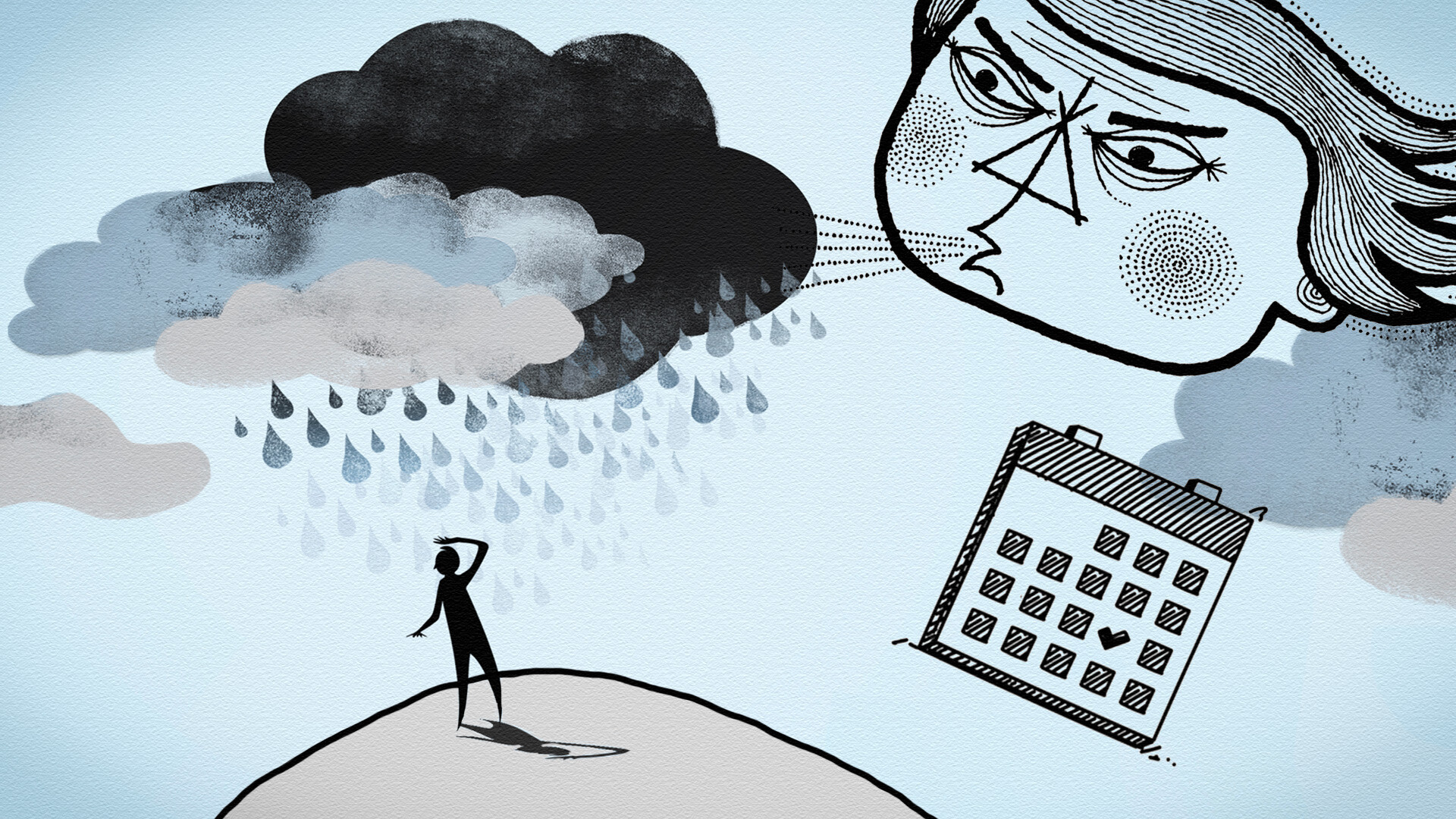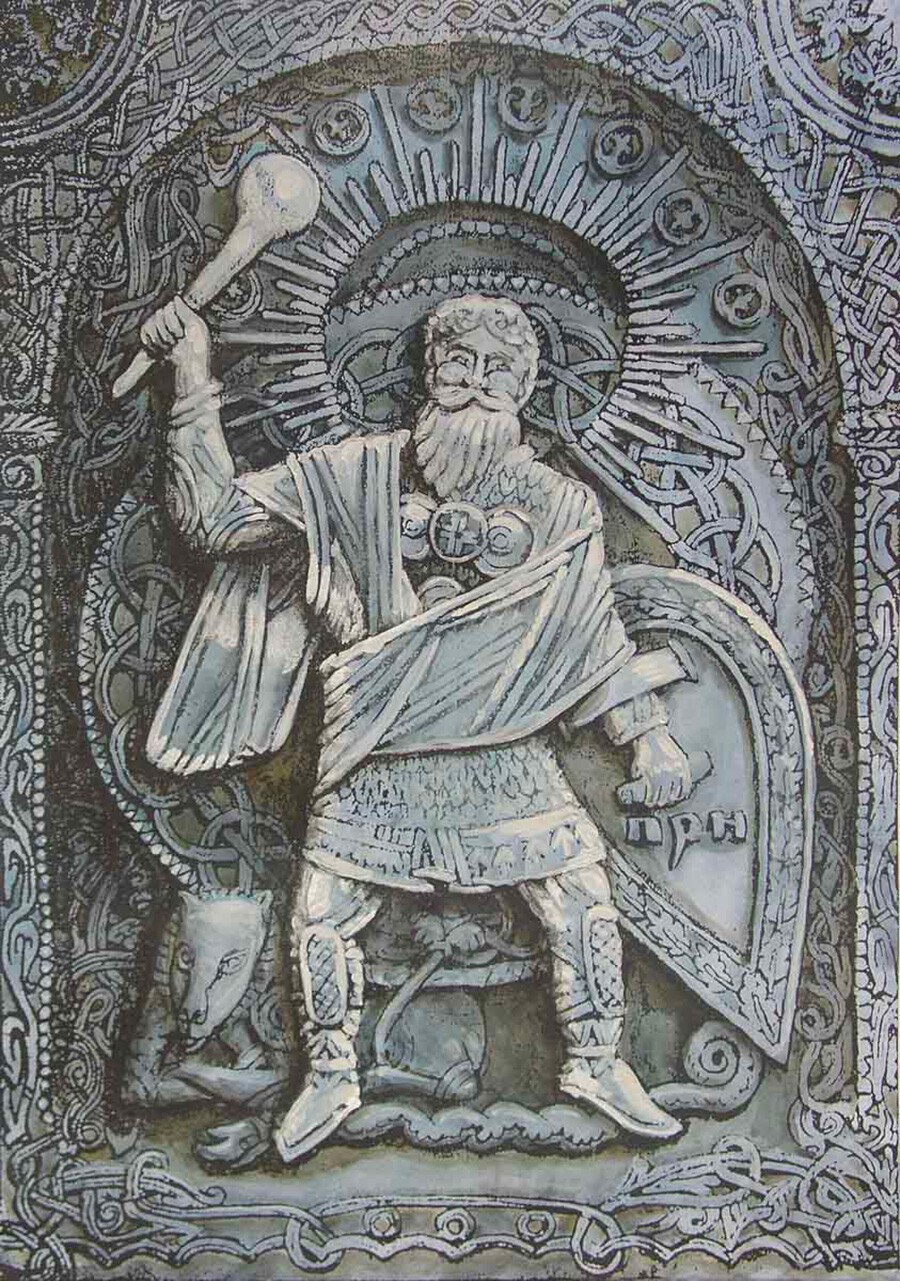What does the phrase 'posle dozhdika v chetverg' (‘after rain on Thursday’) mean?

This phrase is connected to the struggle between Orthodox Christianity and pagan traditions persisting in the popular consciousness. Despite the fact that Russia was baptized back in the year 988, the remnants of pagan rites survived among Slavs: For example, the Maslenitsa and Kupala Night festivities. Some pagan traditions couldn’t be eliminated, but Christianity, nonetheless, tried to form a negative attitude towards paganism.

The idiom ‘after a rain on Thursday’ refers to the cult of Perun, the god of thunder and lightning – the Slavic “colleague” of Greek god Zeus, Scandinavia’s Thor, the Roman Empire’s Jupiter and the Celtic Taranis. Thursday – the fourth day of the week – was traditionally dedicated to the thunder god among these peoples. It was believed that if he heard the prayers of those suffering from drought, he would send down rain on Thursday.
Of course, in practice, such a “schedule” was not always upheld. So, in Christianity, the phrase “after rain on Thursday” actually meant “you won’t see Perun answer your prayers”: The phrase expressed the complete distrust of paganism.

